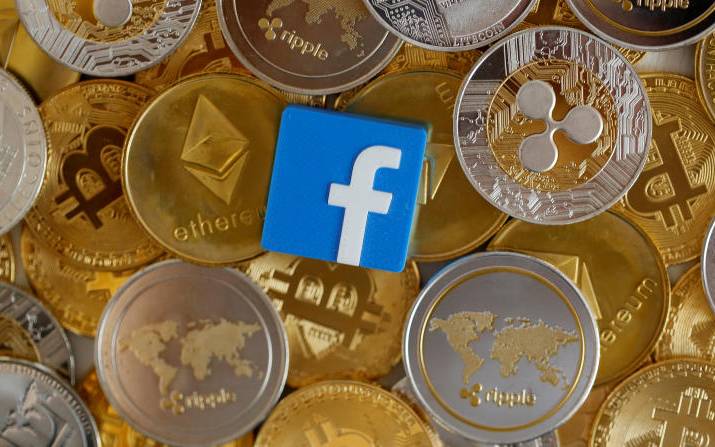×
The Standard e-Paper
Join Thousands Daily

A 3-D printed Facebook logo is seen on representations of virtual currencies in this illustration picture, June 18, 2019. [Reuters]
Facebook has unveiled plans for a new global digital currency called Libra, nearly three years after its founder Mark Zuckerberg visited Kenya to understand how M-Pesa works.